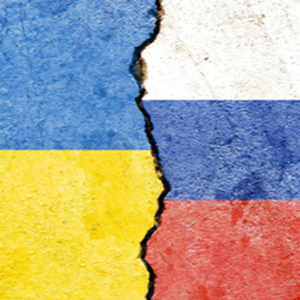- Why I recommend this OnePlus phone over the S25 Ultra - especially at this new low price
- I replaced my laptop with Microsoft's 12-inch Surface Pro for weeks - here's my buying advice now
- This palm recognition smart lock doubles as a video doorbell (and has no monthly fees)
- Samsung is giving these Galaxy phones a big One UI upgrade - here's which models qualify
- 7 MagSafe accessories that I recommend every iPhone user should have
US Accuses Russia of Disinformation Plot to Justify Invasion of Ukraine

The United States has accused Russia of a disinformation plot to serve as a pretext to an invasion of Ukraine.
This would be a video purporting to show a Ukrainian attack on Russian territory or against Russian-speaking people in Eastern Ukraine. According to the US government, the fabricated video would be highly graphic, including images of dead bodies.
On Thursday, Pentagon spokesman John Kirby told reporters: “We do have information that the Russians are likely to want to fabricate a pretext for an invasion.
“As part of this fake attack, we believe that Russia would produce a very graphic propaganda video, which would include corpses and actors that would be depicting mourners and images of destroyed locations.”
The US government added that it revealed the plans to help prevent conflict from breaking out in the region. However, no evidence was provided to support its claim, which Russia has denied.
The BBC reported that senior US officials believe the video is just one of a number of ideas Russia has to provide a pretext to invade Ukraine.
The claim has come amid mounting tension in the region, which has led to a massive build-up of Russian troops on its border with Ukraine.
Jake Moore, global cybersecurity advisor at ESET, noted that advancements in deepfake technologies are facilitating the use of fabricated videos, potentially to provoke war. “This reported use of deep fakery would highlight the extreme and dramatic turn in the nature of warfare that we are witnessing. Being able to drum up fear is often as powerful as the attack itself. In this new age of deepfake weaponry, it could worryingly not be too long before we have no idea what is real, making nation-state attacks even more difficult to protect from or predict,” he commented.
Russia has been accused of targeting Ukraine with numerous cyber-attacks in recent weeks, including forcing more than a dozen government websites offline.

